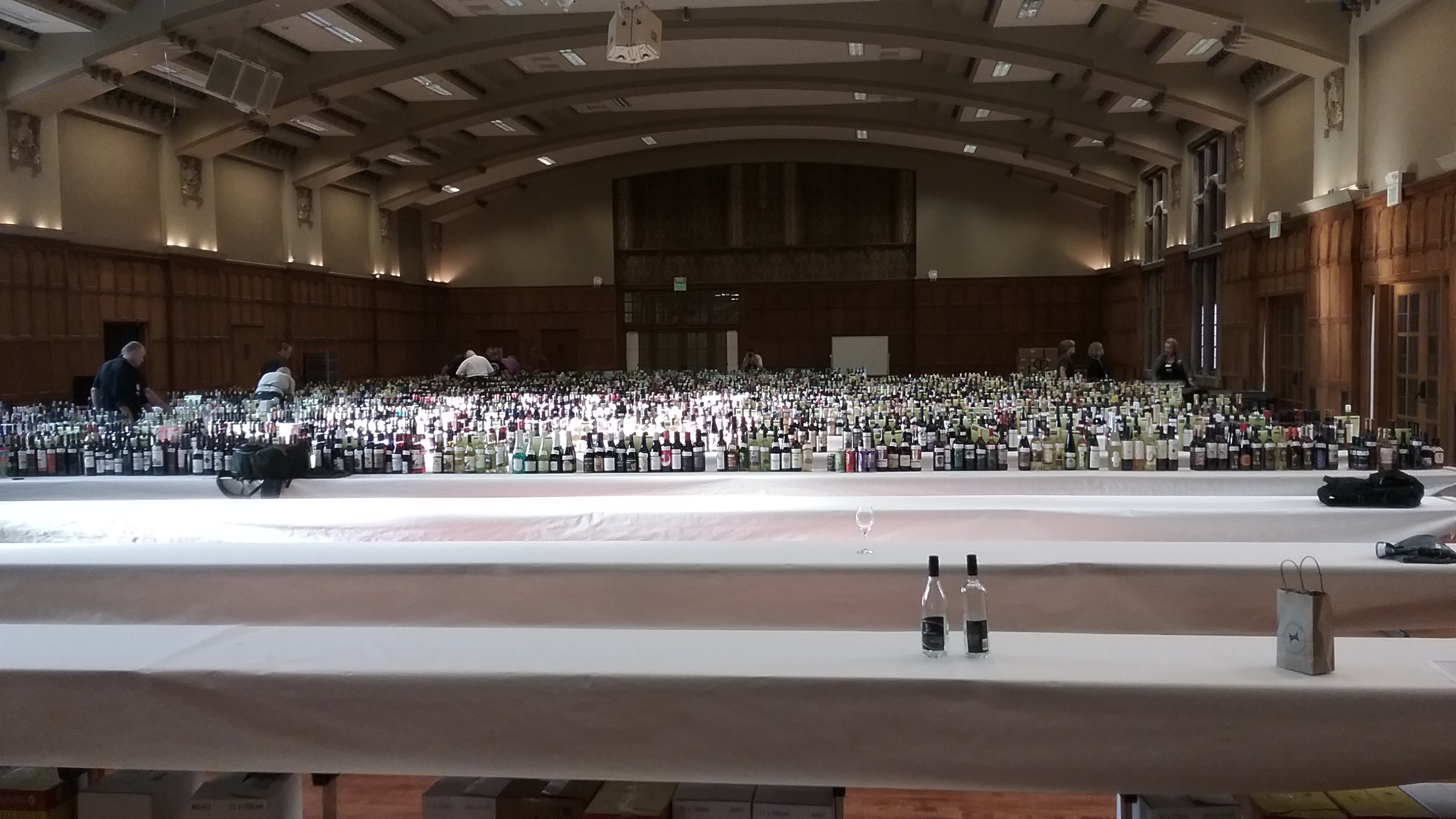Illinois Grape Growers Association Hosts Cold Climate Grapes Meeting

Jeff Pankow, Northern Region Chair of the Illinois Grape Growers Association, speaks to members of the Association at Fox Valley Winery.
On November 18, approximately 30 grape growers and winemakers met at Fox Valley Winery in Oswego, Illinois to discuss growing cold climate grapes Northern Illinois. Moderating the meeting was Jeff Pankow, the Northern Region Chair of the Illinois Grape Growers and Vintners Association (IGGVA). “Grape growers should not be taking a “Field of Dreams” approach to finding wineries to buy their grapes: “Grow it and they will come,” Pankow said. “The goal of the IGGVA is to help grape growers develop and execute profitable business strategies.”
There are two key business decisions for grapegrowers, Pankow advised. The first is determining what grows well on your property and then focusing resources on those varietals. The second important consideration is learning what wineries want to buy. The consensus at the meeting was that in order to sell grapes to a winery, a vineyard should be producing enough of a varietal that the winery will not have to source grapes from multiple providers. “If you don’t have enough grapes to be the sole supplier, consider partnering with other local growers to get enough product to sell to a larger winery,” said Pankow, who is also owner of Blue Star Vineyard.
Dick Faltz, the owner of Fox Valley, said that anyone considering planting vines should talk to wineries first. Faltz said that he’s open to speaking with grape growers about varietal demand and setting realistic production and quality goals. Bob Hall, the retired owner of Arbor Hill Vineyards in Galena, echoed Faltz’s comments about the benefits of working closely with nearby wineries and maintaining close relations.
Martha Rittmueller, owner of Lavender Crest Winery, near Moline, Illinois, said that she expects more wineries will negotiate prices based on the quality of the fruit delivered. Don Schellhaass, owner of RowSchell Ridge Vineyard, agreed that it might be hard for new growers to get a firm delivery price from a winery until the grower can produce grape chemistry records that go back several years. In regard to fruit quality, Pankow added that wineries want grapes delivered chilled and cold. “Either pick your grapes early and get to the winery by noon or find cold storage,” he said.
As for specific consumer friendly varietals that do well in cold climates, Marquette was noted as having great potential. But there was some mention of problems with winter die off and acid issues if Marquette does not fully mature.

Bill Shoemaker, a Senior Research Specialist from the University of Illinois, manages an experimental vineyard in St. Charles, Illinois.
Bill Shoemaker, head of the University of Illinois St. Charles Research Center, said he believes that St. Pepin is being overlooked. “In cold climates, you can make Seyval like wines from St. Pepin with the same fruit notes,” Shoemaker said. Schellhaass said St. Pepin is easy to take care of and he has no problem selling his St. Pepin grapes. However, St. Pepin does not self pollinate and therefore is sometimes grown alongside LaCrosse as a pollinator.
Valvin Muscat also received special mention at the IGGVA meeting. A Cornell varietal with the muscato characteristics that consumers increasingly favor, Valvin Muscat can be grown in Northern climes. Schellhaas cautioned that Valvin Muscat is a slow grower in Northern Illinois and can take five years to produce sellable fruit. Like Marquette, Valvin Muscat can have problems with winter die back.
Pankow concluded the meeting by advising growers to concentrate on a few types of grapes. “Instead of planting 10 kinds of vines per acre, focus on the ones you know well and will grow in your area. You’ll develop a skill set more quickly and the quality of your fruit will increase.”
[wp_geo_map]


